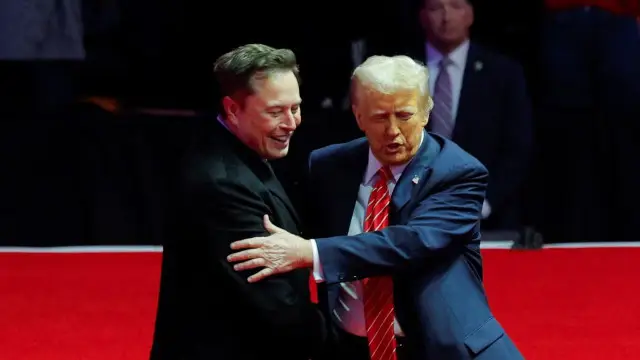Jamaat-e-Islami's protest enters fifth day as demands await PM Shehbaz's response
The ongoing sit-in has significantly disrupted daily life in the capital city. Traffic congestion, business interruptions, and general public inconvenience are widespread as the protest continues.

The Jamaat-e-Islami (JI) party's sit-in protest in Pakistan has entered its fifth day, with no signs of resolution in sight. The JI is demanding that Prime Minister Shehbaz Sharif provide guarantees to address their concerns, which include various social, economic, and political issues. The protest highlights the growing discontent among the populace regarding the government's handling of these issues.
Key Demands of Jamaat-e-Islami
JI’s demands are centered around economic reforms, anti-corruption measures, and improvements in public services. The party insists on immediate actions to alleviate the economic hardships faced by the average Pakistani. They are also calling for stricter anti-corruption laws and better governance practices to ensure transparency and accountability.
So far, the government’s response has been largely dismissive. PM Shehbaz Sharif’s administration has yet to provide a concrete plan to address the JI's demands, which has only fueled further frustration and determination among the protesters. The government's inaction is perceived as a sign of indifference towards the genuine grievances of the people.
Impact on Public Life
The ongoing sit-in has significantly disrupted daily life in the capital city. Traffic congestion, business interruptions, and general public inconvenience are widespread as the protest continues. Many residents are voicing their concerns over the prolonged disruption, urging both the government and JI to reach a compromise swiftly.
Political analysts suggest that dialogue between the JI leadership and the government is the only viable solution to this deadlock. Negotiations could pave the way for a peaceful resolution, addressing immediate demands while setting a framework for long-term reforms. Both parties are urged to engage in constructive discussions to avoid further escalation.














